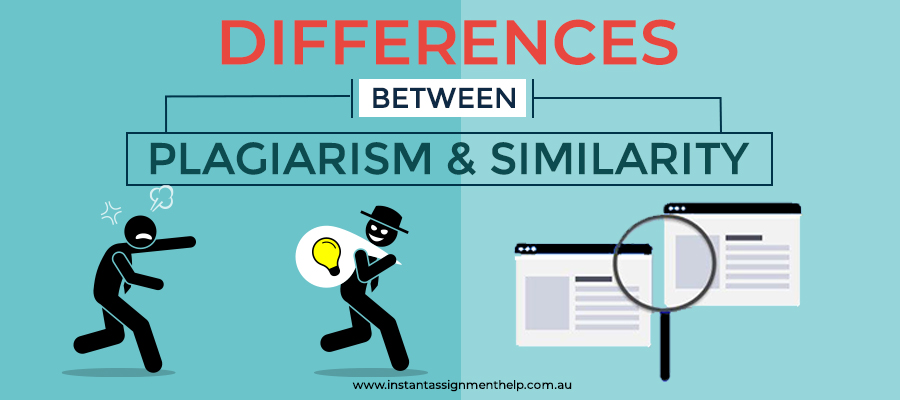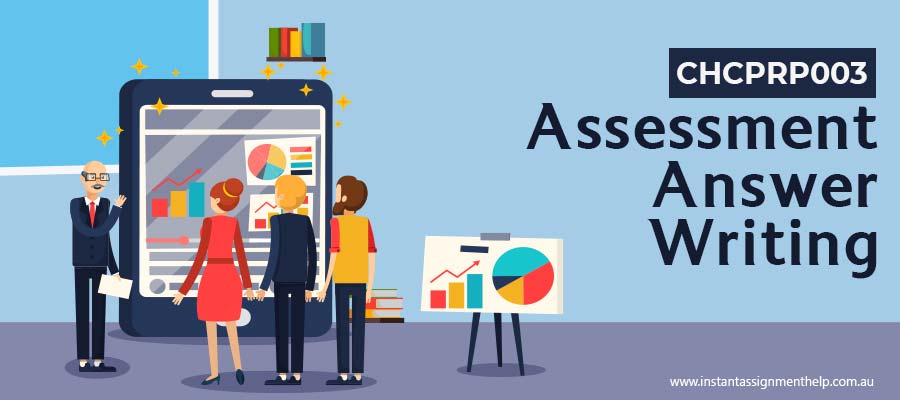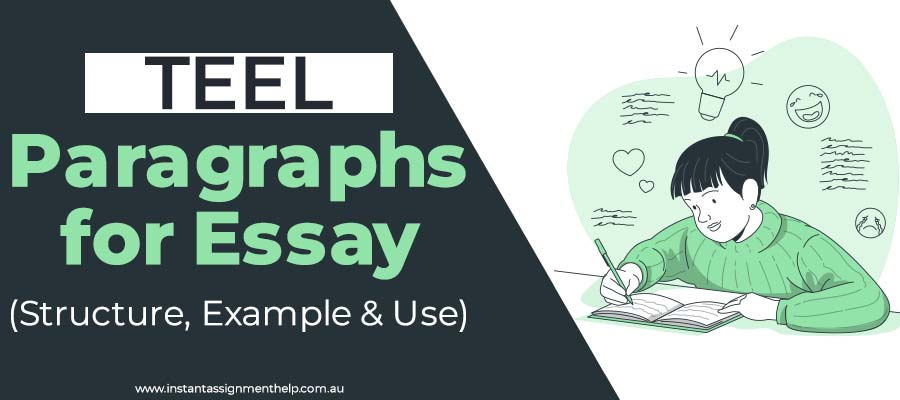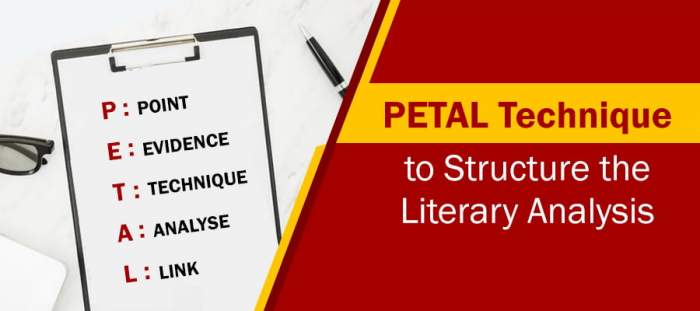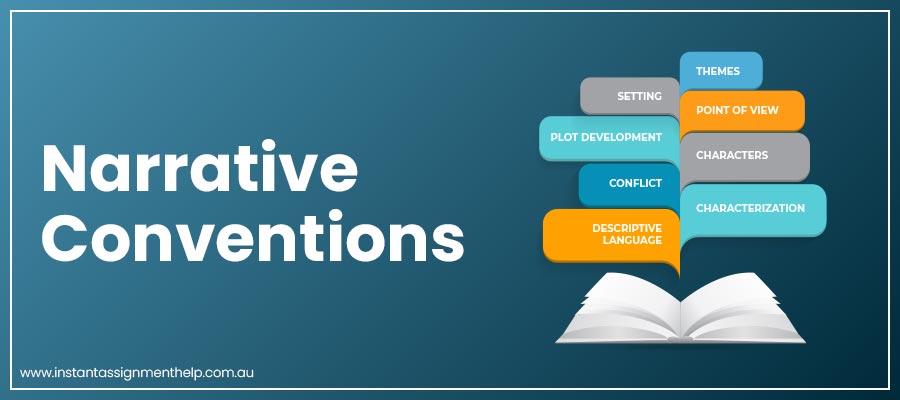As a college-goer, learning facts and figures is probably the most difficult thing for us. Apart from rote learning, scholars also rely on other techniques, such as highlighting, summarizing, or visualizing, but they still fall short in absorbing their study materials. Recently, an experiment conducted by some educational researchers in Australia proved that not all learning habits are equally effective in forming long-term memories. The study brought many interesting information about the benefits and limitations of each learning techniques. In this blog, we have summarized some major points derived by the research, knowing which will help you form your own learning strategy:
1. Practice testing
Opting for a test series is a proven way to learn something more effectively. Researchers say that practice exams being an alternate version of the graded midterm or final exams familiarize students with the test-taking experience. It has been found to be successful across different ages and is useful in improving retention and outcome measures.
2. Distributed practice
It is a learning strategy where the study schedule is broken into many short sessions instead of mugging the entire data in one go. Studies say that humans can learn something effectively when it is studied slowly and over a long period- a phenomenon called the spacing effect. This helps the brain absorb the information in a better way because the repetition of concepts and theories, including concrete examples, improves absorption and speeds up the learning process.
3. Elaboration Interrogation
This technique involves asking questions on a particular topic and finding their answers. The efficacy of this method is limited to those who have prior knowledge on the topic. While students can practice it independently, it is more effective when applied during group study or in the classroom. Well, it can be a tricky strategy to implement because students won’t always focus on the right information and may also produce incorrect explanations in answer to their questions.
4. Interleaved practice
It involves switching ideas during a study session. Researchers say that going back over the ideas that you covered earlier in different orders gives the opportunity to gain a broader understanding of the topic. However, it may not be equally useful for every subject. Moreover, by switching ideas too often or spending too little time on one, you won’t be able to permanently learn the chapter.
5. Self-explanation
This method aids in learning through knowledge creation and integration activities. The idea is simply to pause from your reading and explain parts of the text to yourself. It can be applied to a variety of tasks and subjects and is especially useful for solving numerical problems. However, it requires some training and is very time-consuming.
6. Summarization
It involves identifying and organizing important information from a chapter or text. This technique is instrumental in learning something that you have read for the first time as it not just helps in sorting the most essential data, but writing them also helps in creating memory links in your brain. An effective summary can also be highly useful for revisions before the exam.
7. Keyword Mnemonic
In this technique, students can pair words and images that would help in recalling information. It is an effective system for remembering a long list of articles, definitions, and learning a foreign language. The best way to use the keyword mnemonic method is by linking two pieces of information in your memory with visualization. Well, despite its benefits, keyword mnemonic is not used widely because appropriate word pairings are not often available, plus it is time-consuming too.
These were some widely used learning strategies that are effective in increasing the total amount of information encoded. For an active learning strategy, you can combine several methods. Choose the technique(s) you are comfortable with and enjoy your studies. In case you have pending college projects at hand that are not letting you focus on these ideas, feel free to contact us for essay help. Our team of subject-oriented experts will leave no stone unturned to provide you with a well-researched document.
USD6
-
Topic CreationUSD 3.87
-
OutlineUSD 9.33
-
Unlimited RevisionsUSD 20.67
-
Editing/ProofreadingUSD 28
-
FormattingUSD 8
-
BibliographyUSD 7.33
RECENT BLOGS



